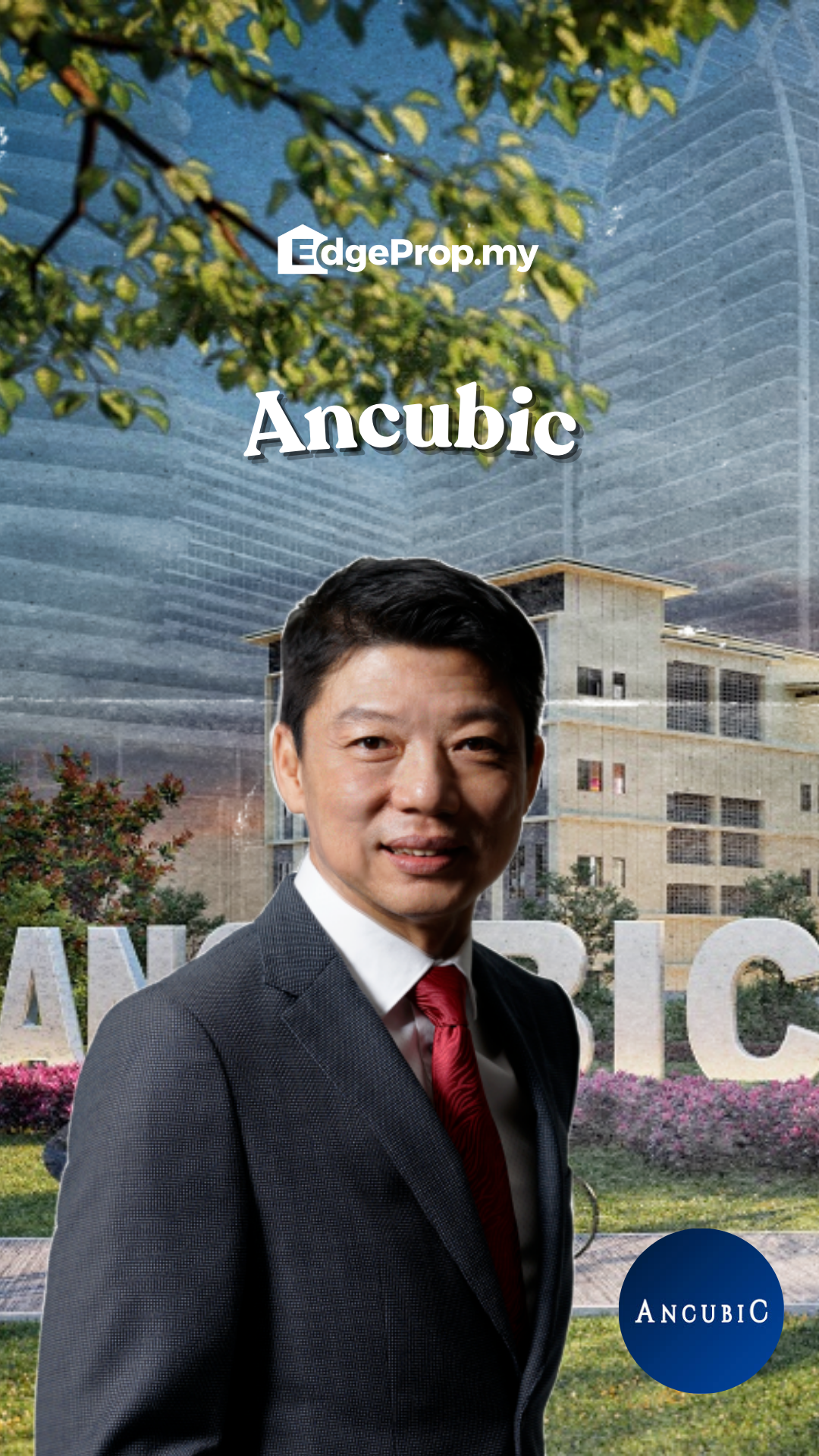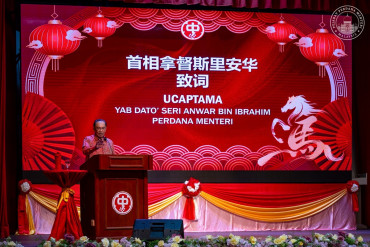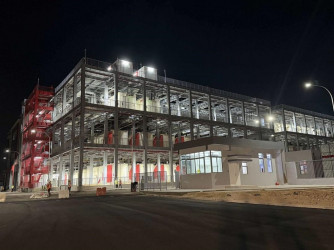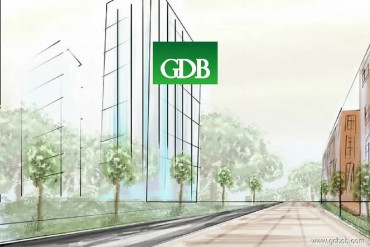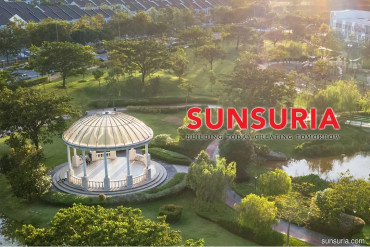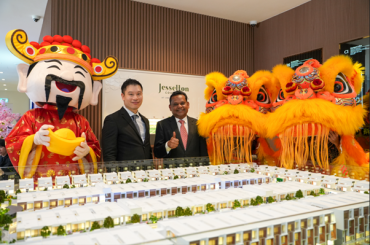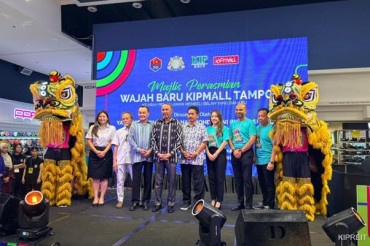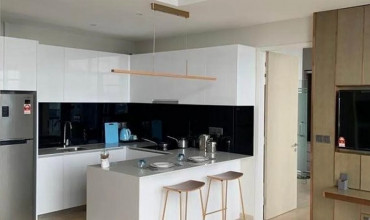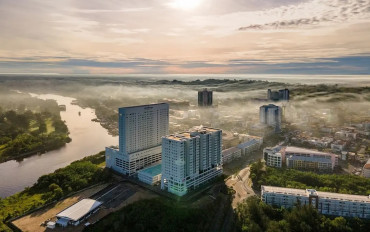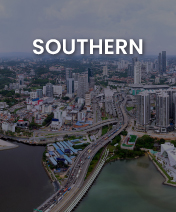ADVERTISEMENT
All Property News
Stay updated with the latest real estate and finance news, including property market trends, housing insights, and valuable information.

Dust concerns near Gelang Patah data centre site prompt enforcement review
Feb 16, 2026

GDB says no authorised investment scheme promising 20% return
Feb 16, 2026

GDB enters Sarawak property market with RM32.72m land purchase
Feb 16, 2026

Loke says govt ramping up efforts to expedite LRT3 opening
Feb 16, 2026

Wisma ELM structural framework intact—AmanahRaya REIT
Feb 15, 2026

UEM Sunrise completes RM500 mil Islamic medium-term note issuance with 12-year tenure
Feb 15, 2026
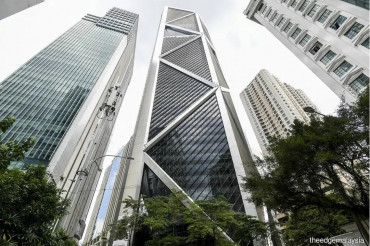
Legally Speaking
Govt seeks to forfeit funds in Ilham Tower, individual accounts linked to Daim case
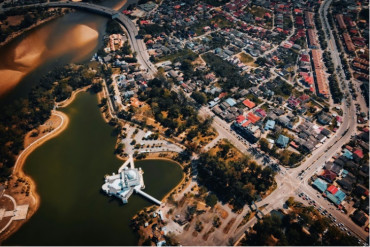
Guide to Homebuying
Find the best location for your home
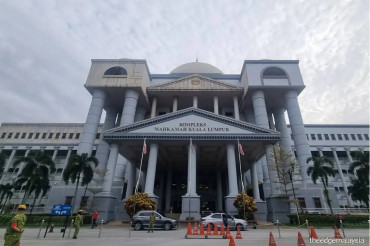
Legally Speaking
KL High Court rules developer’s ‘contra arrangements’ with landowner invalid in K Residence condo case; Duta Yap’s son held personally liable
Trending narratives
Malaysia's Most
Loved Property App
The only property app you need. More than 200,000 sale/rent listings and daily property news.


















